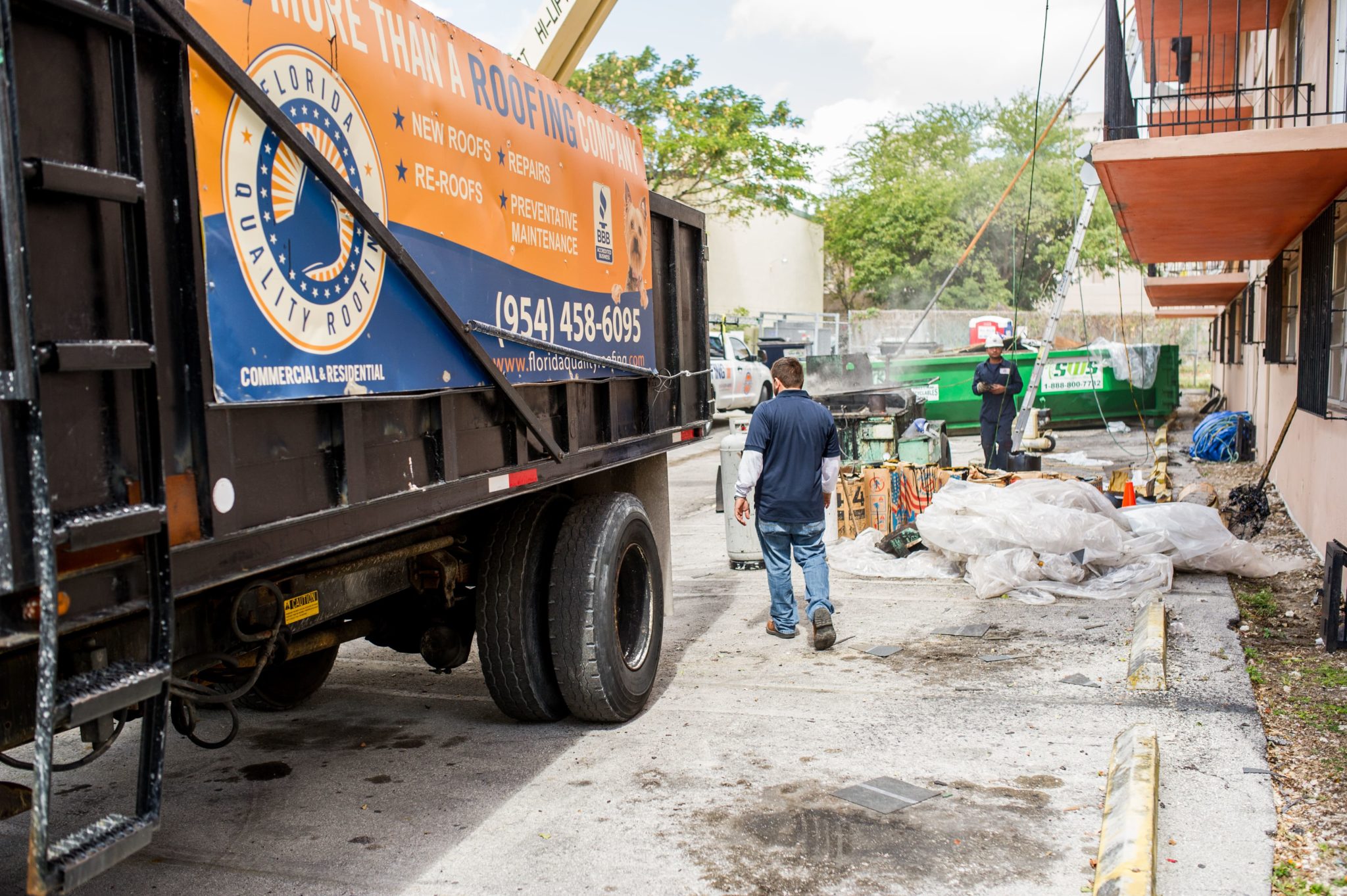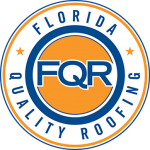
A Guide to Hiring a Roofing Company
(Recommendations are applicable anytime, not just after a storm)
Originally Published in the Florida Community Association Journal
By Stella Amador
Every year, around this time, you’re probably inundated with hurricane season guides, TV specials about storm preparation, and expert analysis like this one. What makes this different? Unlike most guides, I want to focus on what happens after a storm and the crucial steps to hiring a roofing company that can save you money now and for years to come. After all, we are talking about your roof, one of the most important components of your property.
After the Storm
The roof is exposed to the elements, and it is the primary defense against hurricanes and storms. At the same time, it is also the most vulnerable part of a property. When a storm or hurricane causes damages, dealing with the aftermath can be overwhelming. The following information will help you through the process of restoring your roof and your peace of mind.
Hiring a Roofing Company
Usually, soon after a storm, unscrupulous contractors and storm chasers try to take advantage of unsuspecting property owners. It is very important to stay calm and do as much research before committing to hiring a roofing company. This may seem difficult, especially if you need emergency repairs. Yet taking your time can mean the difference in the quality of work and the money you spend. You should especially be wary of any promise that sounds too good to be true because it’s usually an indication of deceptive techniques.
For a good list of roofing companies, contact a trade association such as the Florida Roofing and Sheet Metal Contractors Association (FRSA) and the National Roofing Contractors Association (NRCA). They usually have lists of contractors that are members in good standing. The information is also listed on their websites at www.floridaroof.com or www.nrca.net.
Now that you have a list of companies, you will need to meet with each one. According to the FRSA and NRCA, a professional roofing contractor should have the following:
• A permanent, local place of business. You can easily verify this by asking for their occupational license. You are encouraged to visit their offices to see their operation and learn more about them.
• Knowledge of various roof systems; they don’t only offer one solution.
• Proof of workers compensation and liability insurance. Preferably you want completed operations insurance.
• An effective and documented safety program.
• Evidence of industry professionalism through association memberships.
• Proof of training and manufacturer certifications. This is especially important when it comes to warranties.
• A written proposal, including a scope of work and manufacturers to be used.
• A license, either state or local.
• Warranties are important. Be wary of companies that offer warranties longer than they have been in business.
• References in your state (Proceed with caution if the contractor only provides out-of-state references).
• A maintenance program.
• Examples of their work.
Contractors: What to avoid
• Contractors that only want cash
• Companies that want more than 50 percent before materials are delivered
• Companies offering “specials” or “extra-cheap” work
Verifying the information before Hiring a Roofing Company
Once you have met with a few companies and have their proposals, these are seven simple steps you can take to verify the information within:
1. Check their roofing license by going to the Florida Department of Professional Business and Regulation (DBPR) www.myfloridalicense.com. Make sure that their license is active. Check for complaints.
2. Review their occupational license; if possible, visit their place of business.
3. Contact insurances to make sure they are active.
4. Verify any manufacturer certifications.
5. Call references.
6. Check their reputation by going to the Better Business Bureau or simply searching for the company online.
7. Read the proposal thoroughly. This may seem like a no-brainer, but it is often overlooked. There are always exclusions and limitations that will cost money, and you should be aware of them and what the cost is beforehand.
A professional roofing company should have no problem providing any and all of this information plus more. Dealing with a locally-established business is the best way to protect your investment.
After the Work Is Done
When your project is completed, keep copies of your signed contract, any change orders, all warranties (labor and material), pictures of the work, and a copy of the passed inspections with the permit.
Maintenance
Industry sources say with a proper roof maintenance program you can increase the longevity of your roof by as much as 30–40 percent. A maintenance program should be in place as soon a roof is completed, and it should be budgeted and monitored along with the overall building maintenance program.
If you follow these steps you will be able to find the right company for your project needs and ensure a successful completion.


